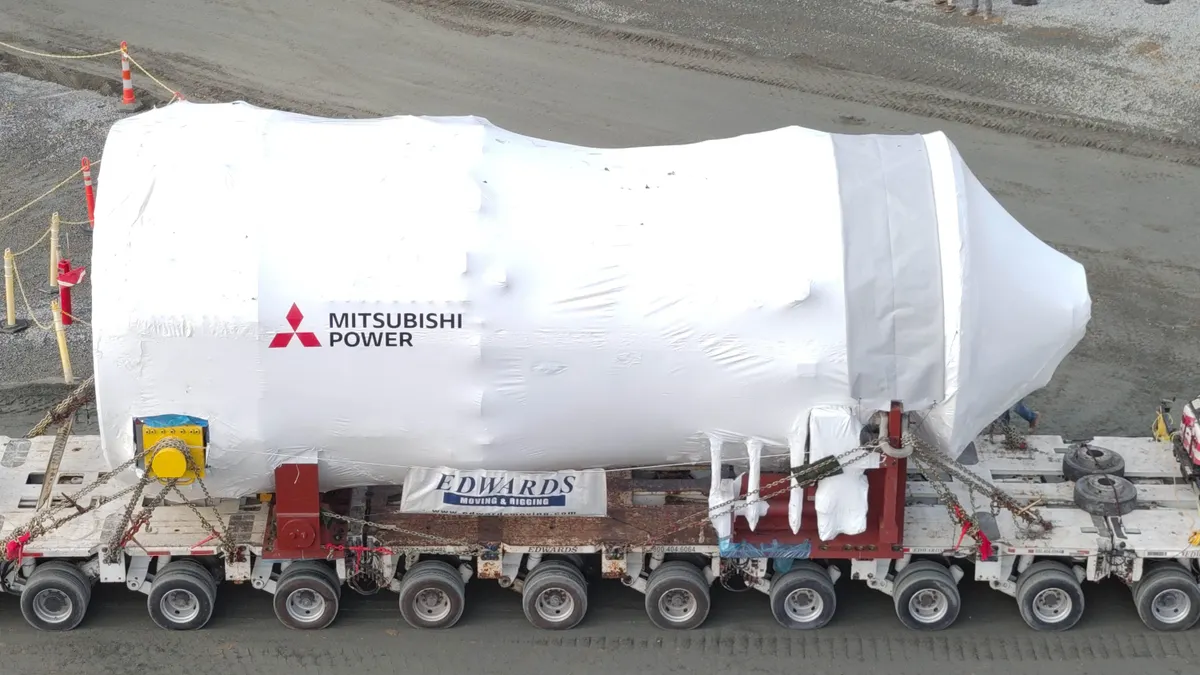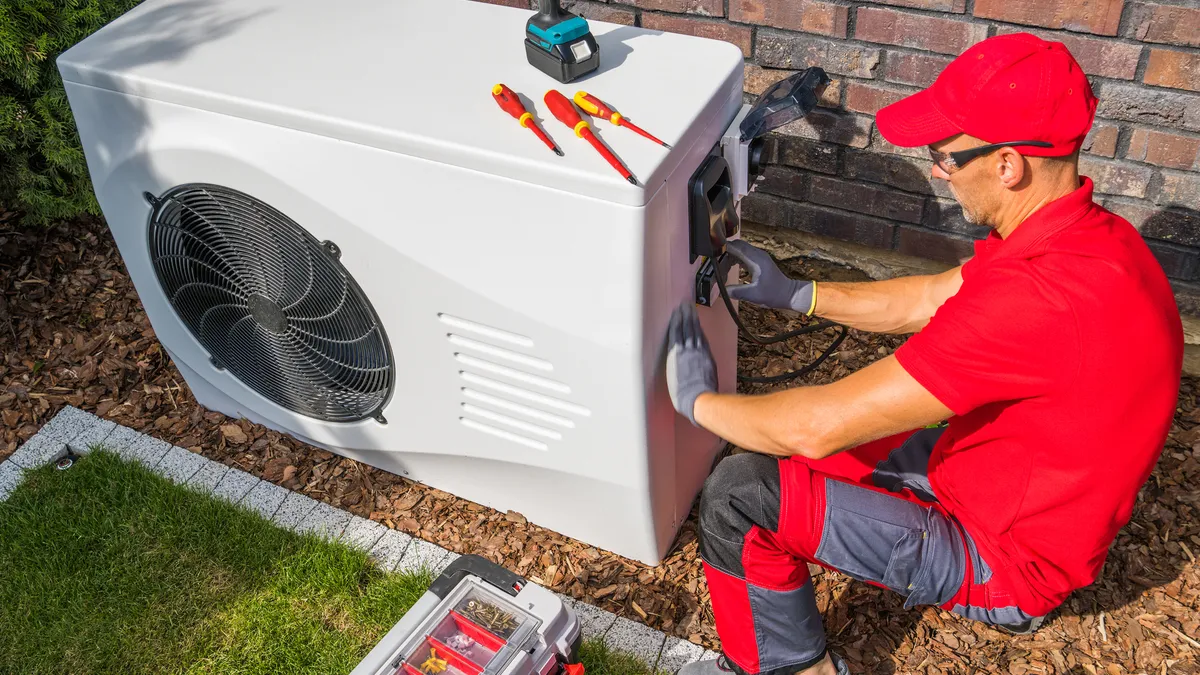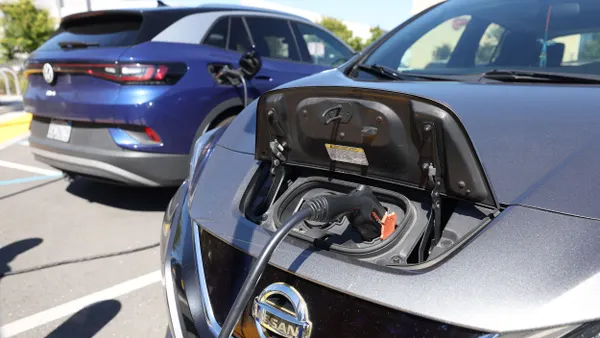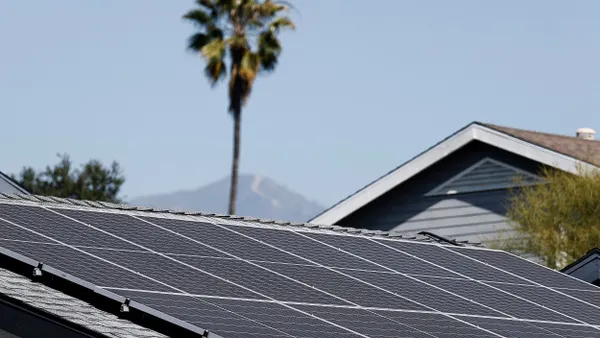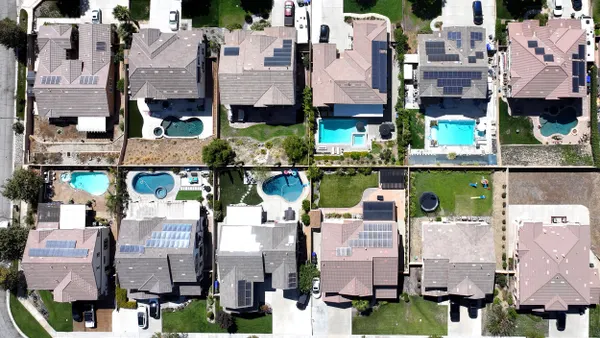Dive Brief:
-
Advanced Energy Economy (AEE) published on Tuesday scorecards for nine gubernatorial races for states with open seats and strong market opportunities for clean energy, where the trade association deemed that either candidate could support the importance of economic development and energy job creation.
-
Overall, Democratic candidates are much more likely to have stated support for an advanced energy platform. For the AEE, this means more effort is needed "to make these issues resonate with Republican voters," J.R. Tolbert, AEE's vice president of state policy, told Utility Dive.
-
AEE highlighted states like California and Colorado, which had already advanced clean energy policies, and states that posed important markets or engagement opportunities for the group's membership, like Florida. The AEE also tracked the policy choices of the candidates from Nevada, as the state also includes two ballot initiatives regarding energy and utilities, including the option to increase the renewable portfolio standard from 25% to 50% by 2030.
Dive Insight:
The campaign tracker shows prevalence among candidates on both sides of the aisle running their campaigns in part on advanced energy issues. Given the small amount of attention that most Americans give to their source of electricity compared to other concerns, Tolbert said the existing support was notable.
"Candidates haven't been more silent on energy than they have other things," Tolbert said.
Most candidates for an open seat wouldn't start off running their campaigns with already stated positions on any guaranteed issues save for a few critical topics, such as the opioid crisis, he added.
Candidates from California, Colorado, Florida, Illinois, Michigan, Minnesota, New Mexico, Nevada and Ohio were rated on state-specific scorecards based on their support for four to six criteria that AEE identified would further the advanced energy industry. Though the criteria or policy priorities are similar, they don't all track the same popularity among candidates.
Ohio and Florida candidates are being tracked specifically for their support to "adjust utility financial incentives to better align with their performance," and the issue is nebulous enough that it's difficult to expect a stated position from a candidate, Tolbert said. Florida Democratic gubernatorial candidate Andrew Gillum was the only one of the four being tracked that voiced support for this issue, as shown in the figure below.
Although the final list represents about half of the states with open governor seats, some states didn't qualify based on low market opportunities, low member engagement from AEE's network and "how much we felt that we could gain access and influence on both sides of the aisle," Tolbert said.
Maine, for instance, will have an open seat and higher potential for renewable energy development if the new governor lifts Gov. Paul LePage's moratorium on wind energy. However, AEE's intel did not indicate that Maine was "going to be super receptive on the Republican side of the aisle," Tolbert said.
Republican candidates in other states are more receptive to support AEE's agenda, but more Democrats state support for their policy priorities overall. Despite this, Tolbert insists that AEE's lobbying is "truly bipartisan."
"It's not that the Republican voters don't care about clean energy, but it's not something that is driving intensity amongst the electorate in a way that it is in the Democratic primary when most of these people are stepping out and taking positions," Tolbert said.
AEE will update the scorecards through Election Day, as candidates identify their support or opposition to advanced energy issues.




